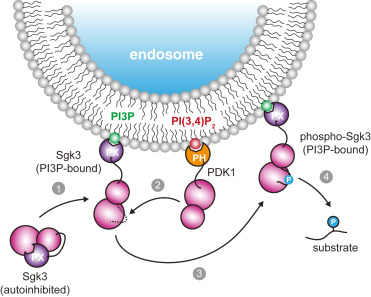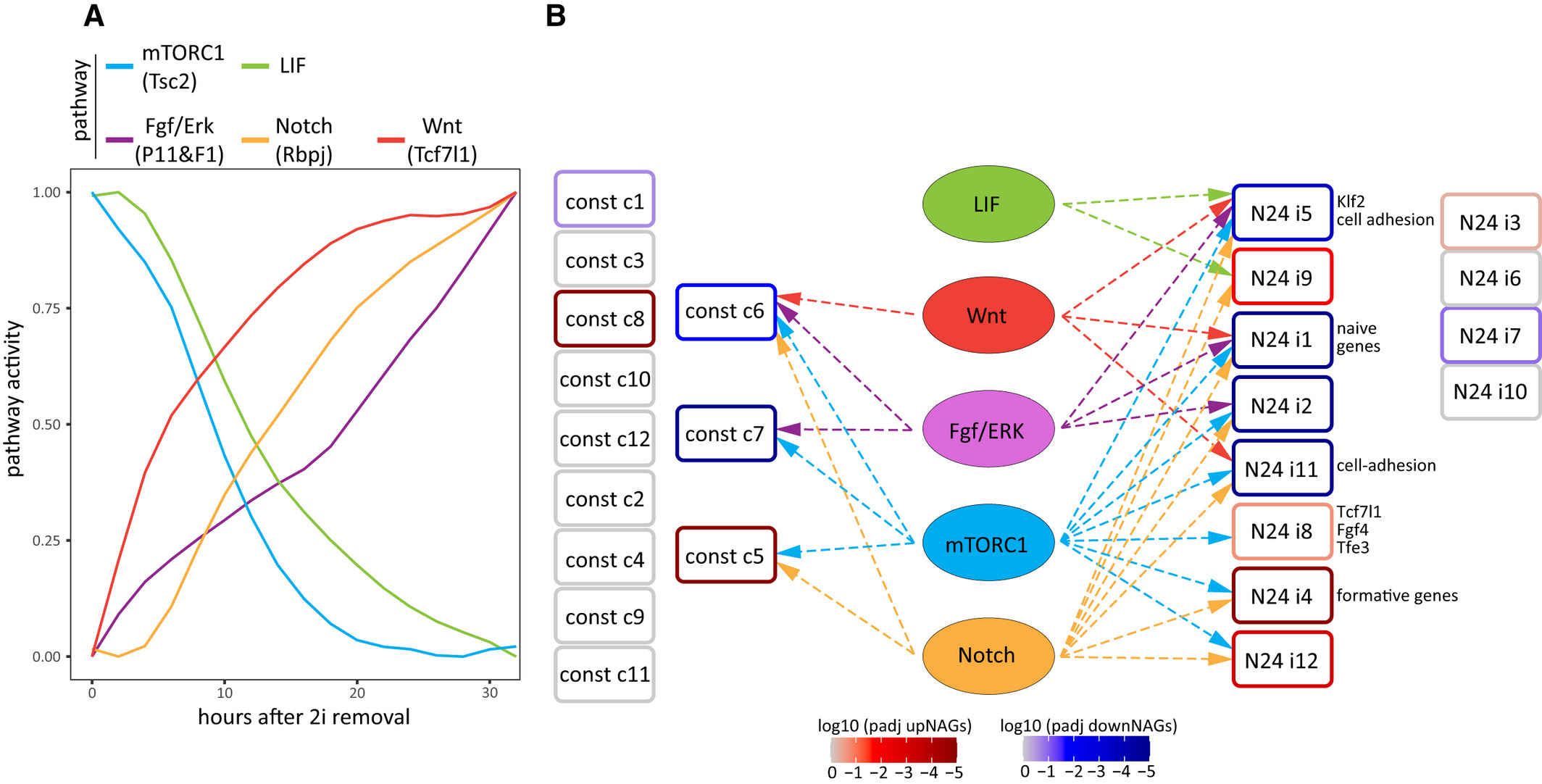Cellular homeostasis requires the swift and specific removal of damaged material. Selective autophagy represents a major pathway for the degradation of such cargo material. This is achieved by the sequestration of the cargo within double-membrane vesicles termed autophagosomes, which form de novo around the cargo and subsequently deliver their content to lysosomes for degradation. The importance of selective autophagy is exemplified by the various neurodegenerative diseases associated with defects in this pathway, including Parkinson’s disease, amyotrophic lateral sclerosis, and frontotemporal dementia. It has become evident that cargo receptors are acting as Swiss army knives in selective autophagy by recognizing the cargo, orchestrating the recruitment of the machinery for autophagosome biogenesis, and closely aligning the membrane with the cargo. Furthermore, cargo receptors sequester ubiquitinated proteins into larger condensates upstream of autophagy induction. Here, we review recent insights into the mechanisms of action of cargo receptors in selective autophagy by focusing on the roles of sequestosome-like cargo receptors in the degradation of misfolded, ubiquitinated proteins and damaged mitochondria. We also highlight at which steps defects in their function result in the accumulation of harmful material and how this knowledge may guide the design of future therapies.
J Biol Chem 297(2) 100919
D. Pokorny, L. Truebestein, K. D. Fleming, J. E. Burke, and T. A. Leonard
J Biol Chem 297(2) 100919
D. Pokorny, L. Truebestein, K. D. Fleming, J. E. Burke, and T. A. Leonard




